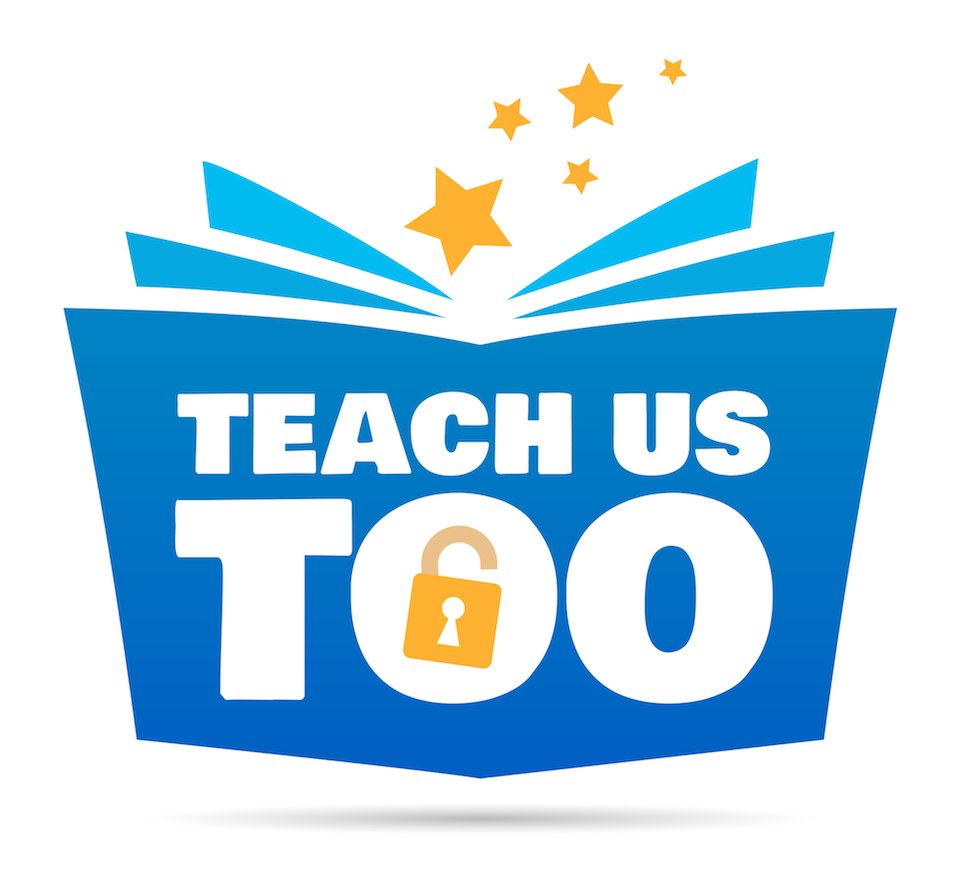
Resources for the Alphabet & Phonics
-
Alphabet & Phonological Awareness 🆓🇱🇷
An important component of beginning reading instruction is effectively teaching letters and sounds. This guide to alphabet and phonological awareness and alphabet knowledge and the practicalities of teaching these is found on the Literacy for All website.
-
Word Identification & Decoding 🆓🇱🇷
A guide to word identification & decoding and the importance of phonic knowledge for all learners accompanied by practical guides to implementation from the Literacy For All website
-
Letters and Sounds 🆓🇬🇧
A collection of free online games useful for Phase 1 of Letters and Sounds phonics programme. Games work well on interactive whiteboards and personal tablets/computers.
-
Active Phonics 🆓🇬🇧
Active Phonics is a specialised approach devised for children and young people requiring a new innovative method to teach them where others have failed.
Active Phonics is a tool to teach synthetic phonics to children and young people from the age of five to eighteen through physical education who have not made the expected progress when learning to read using traditional methods and well-founded interventions. It is a structured programme teaching synthetic phonics through physical games such as trampoline activities, throwing balls at letters and into hoops. These activities all have phonics learning integrated.
-
The ABCs of Alphabet Knowledge and Phonological Awareness! 💰🇱🇷
Alphabet knowledge and phonological awareness are foundational components of emergent literacy. This 92-page (downloadable) book provides a rationale, brief research overview, and suggestions for interactive instructional tasks based on evidence based practice. While all of the activities in this book are appropriate for any emergent learners, the focus is on providing access to activities for learners with significant disabilities, including individuals with physical impairments and people who use augmentative and alternative communication (AAC). The strategies suggested focus on supporting ALL learners at home and in classrooms. This book should be informative and helpful for teachers, therapists, and family members. Use this book to explore best practice in alphabet knowledge AND engage in fun learning opportunities with a wide range of learners.
-
Alphabet Uno 💰🇱🇷
A clever twist on the the classic game of UNO. This game can be differentiate by small groups or large group game. This game is appropriate for preschool, pre-k, kindergarten, and first grade students.
Game variations:
- traditional UNO game rules
- only alphabet letters version
- matching game
- memory game
There’s no limits to what and how you can use this game!
-
Word Games 🆓🇬🇧
Play the best free Online Word Games and Letter Games. Play games like hangman, word search, texttwist 2, word wipe, word connect or test your vocabulary skills.
-
Little Explorers Picture Dictionary - Enchanted Learning 🆓🇬🇧
Little Explorers is a picture dictionary organized by the initial sound of the words
-
Partners in Rhyme App 🆓🇱🇷
An App based on rhyming to enhance phonetic awareness
-
Phonics for Pupils with Special Educational Needs -Ann Sullivan 🆓🇬🇧
Phonics for SEN enables pupils with a range of special educational needs to find reading and spelling success and is suitable for those with specific learning difficulties, autism, moderate and severe learning difficulties, specific language impairment and complex needs.
-
Song of Sounds 💰🇬🇧
Invigorate your phonics teaching with Song of Sounds, a creative, engaging phonics programme that meets the diverse learning needs of your class!
-
Word Walls - Jane Farrall 🆓🇦🇺
A blog post by Jane Farrall about creating a word wall as a invaluable classroom resource.
-
Turtle Diary - Word Games for Kids 🆓🇱🇷
A large collection of interactive word games to help build vocabulary and spelling skills
Phonics Song
Letters in the alphabet song
